Supreme Court to Govt: Sedition Laws are 'colonial', consider dropping them
- EP News Service
- Jul 15, 2021
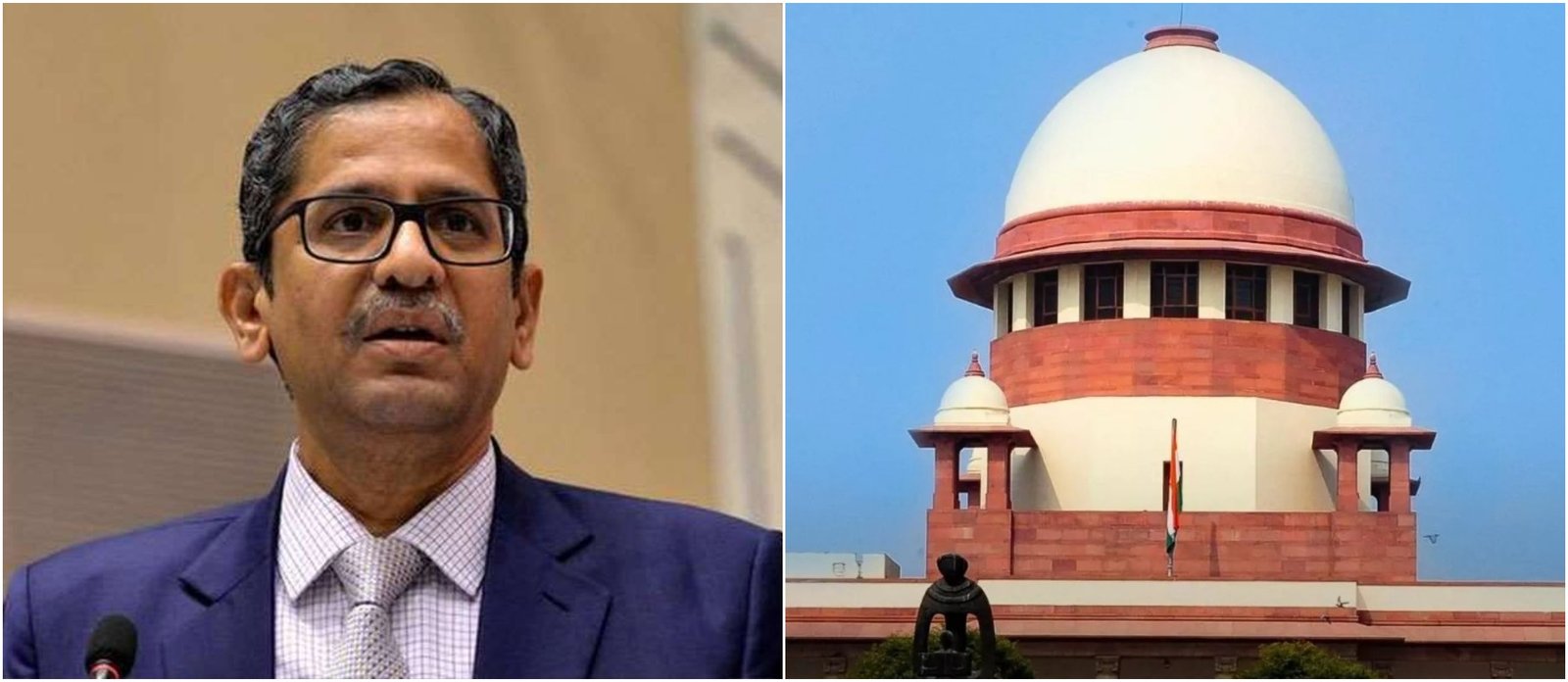
(Left) Chief Justice of India NV Ramana (Right) Supreme Court of India.
NEW DELHI: The Supreme Court today questioned the central government as to whether the provision of Sedition under Section 124A of the Indian Penal Code (IPC) which were 'colonial' and used by the British were still needed after 75 years of independence, also bluntly noting that they were being gross;y misused especially in the recent times.
Comparing these laws to 'a saw' used to cut a forest instead of a piece of wood a bench of Chief Justice of India NV Ramana and Justices AS Bopanna and Hrishikesh Roy issued notices in the plea filed by a former army officer Major General SG Vombatkere (Retd) and tagged it with a similar pending petition filed by the Editors Guild of India.
Vombatkere has challenged the Constitutional validity of section 124 A (sedition) of the IPC on grounds that it causes a 'chilling effect' on speech and was primarily used by the British to curb freedom of speech.
The CJI Ramana asked Attorney General KK Venugopal, "Dispute is that it is a colonial law and was used by British to suppress freedoms and used against Mahatma Gandhi and Bal Gangadhar Tilak. Is this law still needed after 75 years of independence?"
When Venugopal pointed out that a similar challenge to the provision was already pending before another bench of the apex court, CJI Ramana said, "I am indicating, what I am thinking".
"If you see history of charging under this section, the conviction rate is very low," and cited the example of Section 66A of the Information Technology Act, which despite being struck down by the apex court, 'thousands of cases were being registered around the country," CJI Ramana added.
Replying to the CJI's concerns, Venugopal said that he completely understood the concerns of the bench and submitted that the apex court could lay down fresh guidelines to restrict the use of the sedition provision only for the protection of the nation and democratic institutions.
On the other hand solicitor general, Tushar Mehta submitted that the Centre's stand would be clear when it files its counter-affidavit on the PIL.
In his petition, Vombatkere has also prayed to quash all complaints under this law and it needed to be relooked. The petition said when the law was upheld in 1962, the definition of fundamental rights was different.



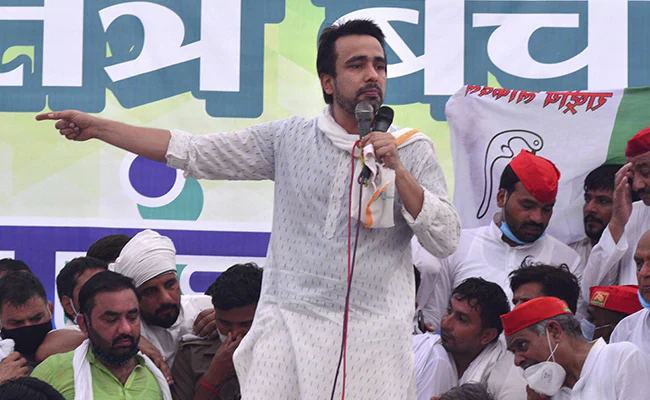
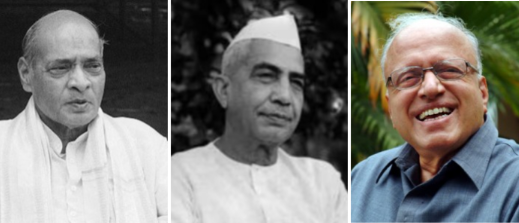



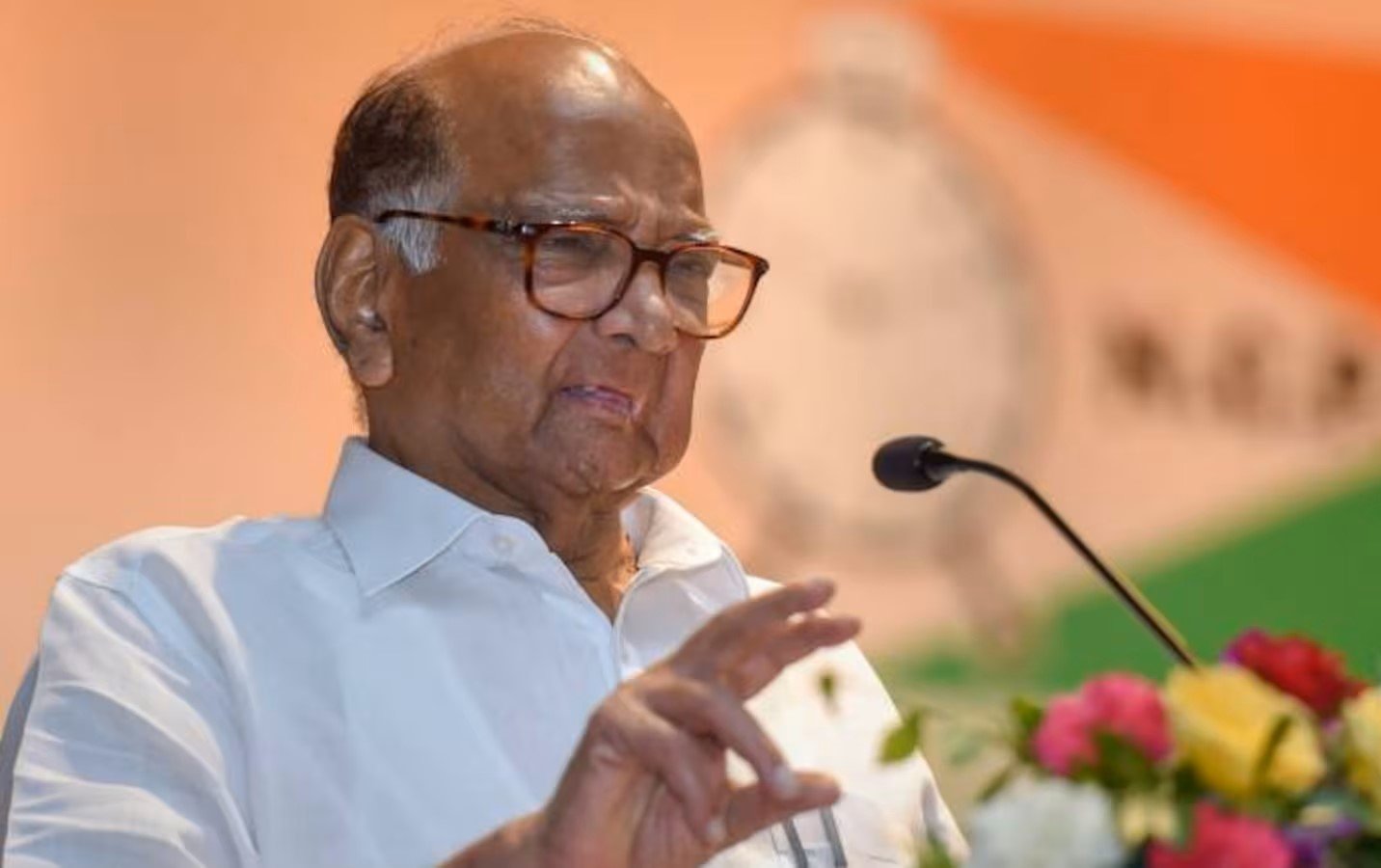

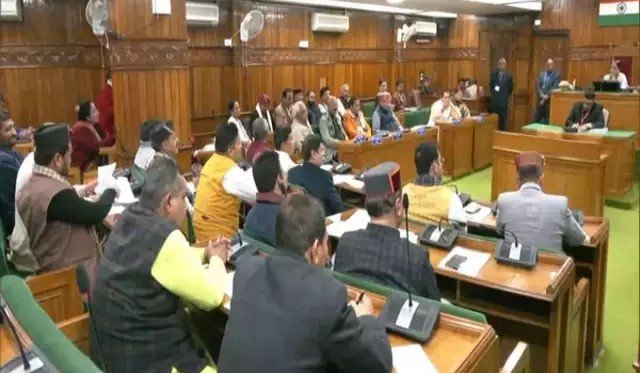
Reporter
Crisp, and to the point news coverage from India and around the world.
View Reporter News